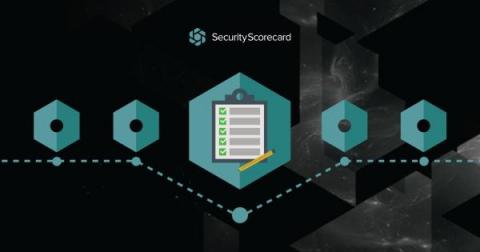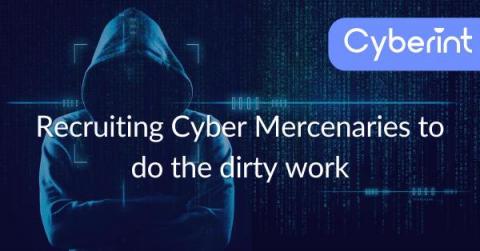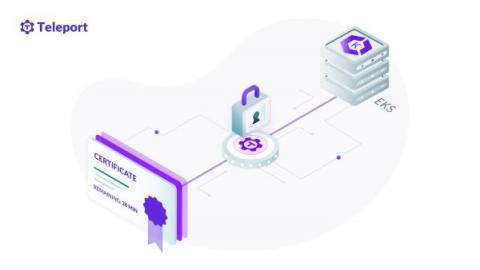5 Steps to Selecting a Vendor Risk Management Framework
Third parties are an inevitable and essential part of your business ecosystem. They’re your vendors, partners, and contractors. They improve efficiency, extend your reach, and make it possible to deliver the best possible products and services. From a security perspective, however, they also bring a significant amount of risk. Misconfigurations of a third-party’s cloud can lead to supply chain data breach risks.











